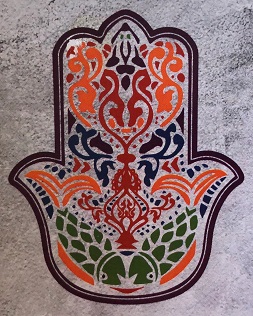Proper 26C, 30 October 2022. The Very Rev. Pamela L. Werntz
Habakkuk 1:1-2:4. Write the vision; make it plain so that a runner can see it.”
2 Thessalonians 1:1-4,11-12. The love of everyone of you for one another is increasing.
Luke 19:1-10. The Son of Man came to seek out and save the lost.
O God of mercy, grant us the strength, the wisdom and the courage to seek always and everywhere after truth, come when it may, and cost what it will.
The short and powerful book of Habakkuk the Prophet begins with a title: The oracle that the prophet saw. The Hebrew word for oracle can also be understood as burden: the burden that Habakkuk saw. What Habakkuk saw clearly was indeed a great burden: violence everywhere, and God seemed not to see the degradation of justice and the utter devastation of well-being, of shalom. Habakkuk had two complaints, which could be ripped from our own headlines: 1) God has done nothing to stop the violence so far, and 2) it’s about to get worse. In this book, the voice of God is heard, but it’s not particularly good news. Essentially, God’s response is that the violence is due to the greed of the people and their failure to recognize the voice of the Holy One, Who pleads for loving, pleads for people to respect themselves and others. Habakkuk understands the violence as the Holy One’s punishing response. I understand violence as an entirely predictable consequence of greed, arrogance, and fear, which breaks the heart of the Divine. To the question of how can God let this suffering and devastation happen, I ask, how can people let this suffering and devastation happen? Continue reading



